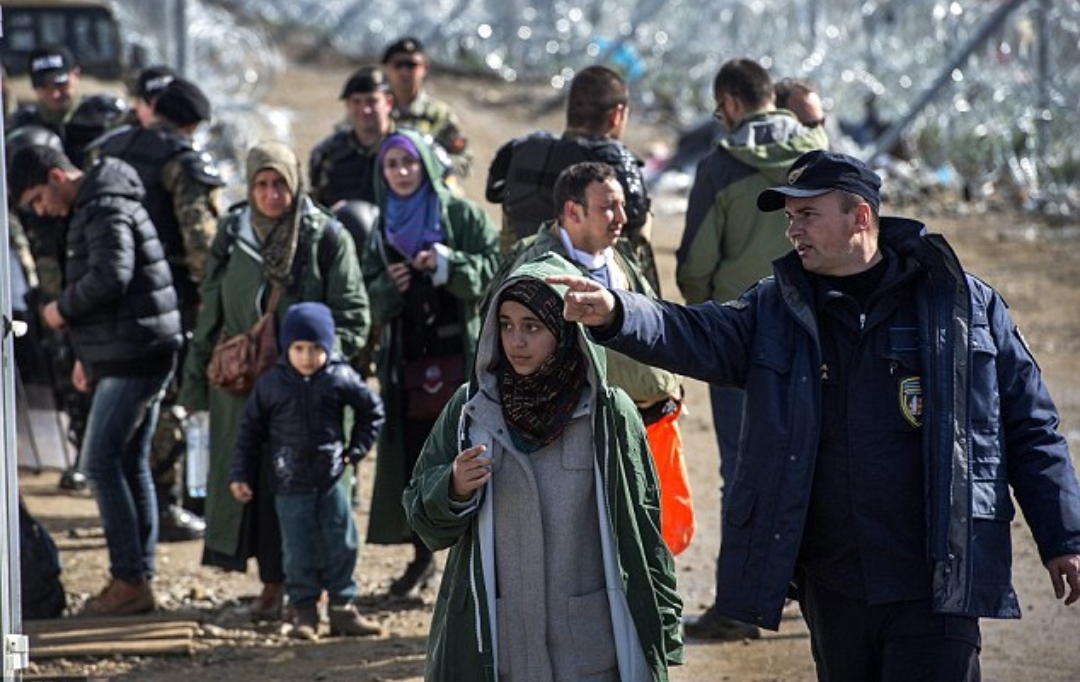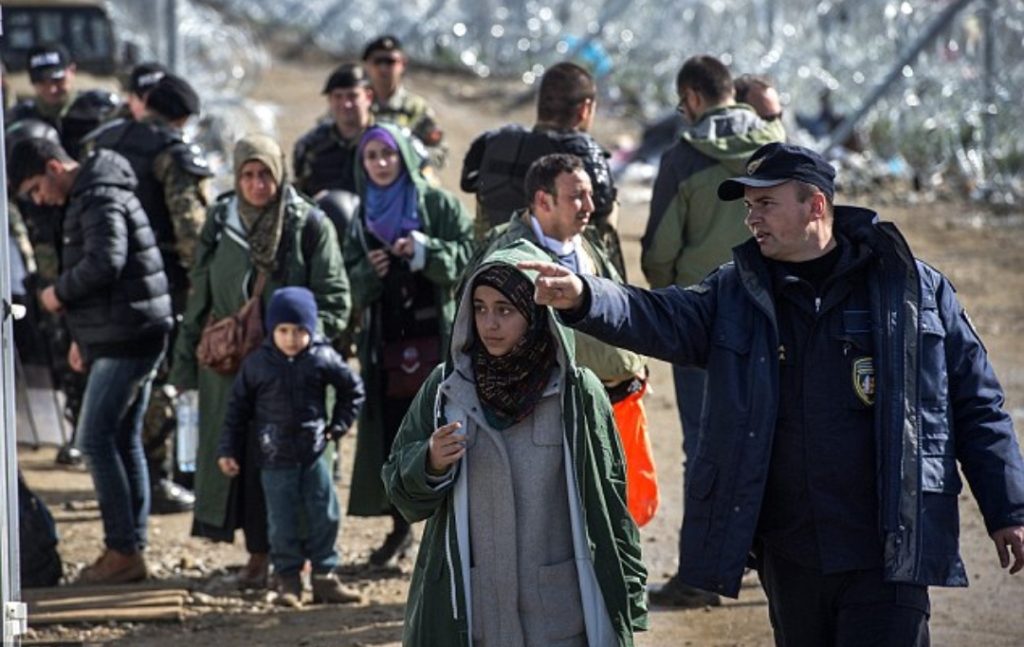
The United Kingdom’s plan to deport illegal immigrants to Rwanda, after granting them only 30 minutes to state their case for remaining in the country, has been met with widespread criticism and accusations of harshness and inhumanity. This is according to a Daily Mail report.

The proposed policy, part of the UK government’s efforts to curb illegal immigration and expedite the deportation process, has drawn sharp rebukes from various quarters, including human rights organizations, legal experts, and concerned citizens. Critics argue that the limited time frame provided for individuals to justify their right to stay in the UK is grossly inadequate, potentially denying genuine asylum-seekers their due process.
The UK government’s rationale for this controversial decision is to expedite the immigration process and reduce the backlog of cases. Home Secretary Suella Braverman defended the policy by stating that it is necessary to maintain effective border controls. Under the new guidelines, immigrants deemed to be in the UK illegally will be informed of their imminent deportation and granted a mere 30 minutes to present their case to immigration officials.
Human rights organizations such as Amnesty International and Refugee Action have vehemently opposed the plan, arguing that it not only violates international laws and conventions but also jeopardises the safety and human rights of those affected.
Legal experts have pointed out the numerous legal complexities and ethical dilemmas that this policy raises. They argue that granting a mere 30 minutes for someone to state their case is entirely inadequate to assess the merits of their claim. Asylum and immigration cases often involve complex personal stories and legal arguments that require proper consideration.
Rwanda, the proposed destination for deported immigrants, has also faced criticism due to its own human rights record. The country, which has made significant progress since the 1994 genocide, is not a signatory to the 1951 Refugee Convention. Concerns have been raised about the safety and well-being of individuals sent to Rwanda, as well as the absence of established support systems for deportees.
Public opinion on this matter is divided. While some argue that the UK government needs to take more stringent measures to curb illegal immigration, others believe that the proposed policy is unnecessarily harsh and inhumane. A recent survey conducted by a leading British newspaper showed that 47% of respondents were against the policy, while 42% supported it.
The controversy surrounding the UK’s plan to deport illegal immigrants to Rwanda highlights the complex nature of immigration and asylum policies. Striking a balance between national security, border control, and the rights of individuals seeking refuge is an ongoing challenge for many nations. As the debate rages on, it remains to be seen whether the UK will proceed with the policy in its current form or opt for a more compassionate and balanced approach that respects the rights and dignity of those affected by it




